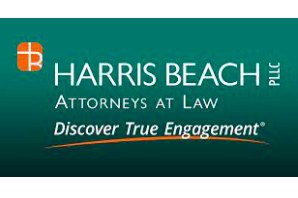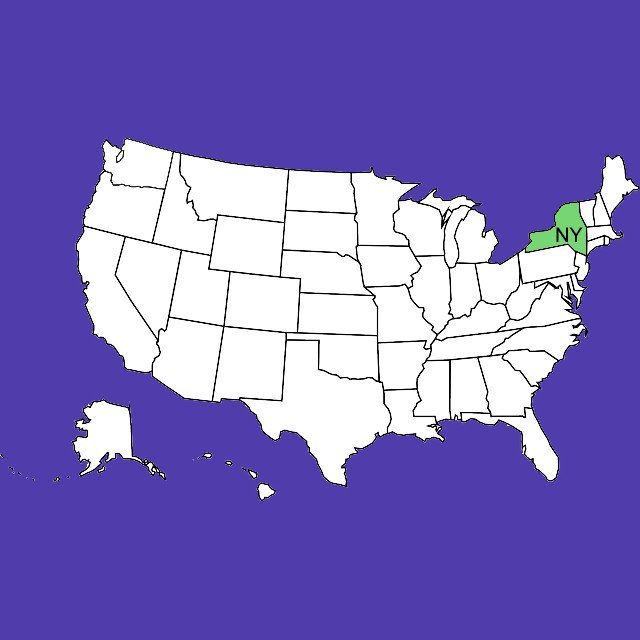Via JD Supra
In a prior legal alert, we explained that under the Marijuana Regulation and Taxation Act (“MRTA”), the Legislature afforded towns, villages, and cities an opportunity to opt-out of allowing retail dispensaries and on-site consumption licensees to operate within the municipality’s jurisdiction. But what happens if a municipality does not opt-out and allows these licensees to operate within its boundaries?
While towns, villages, and cities cannot completely prohibit these licensees after the opt-out period, the MRTA allows these municipalities to adopt local laws and regulations governing the time, place and manner of the operation of the licensed retail dispensaries and on-site consumption sites provided such local laws and regulations do not make such operation unreasonably impracticable.[1]
The MRTA is silent on the meaning of unreasonably impracticable, however, and leaves it to the New York State Cannabis Control Board to determine. As the Board has not been appointed, it has not provided criteria or guidance on what will be deemed unreasonably impracticable. Thus, the legal determination of whether a local law or regulation makes the operation of a retail dispensary or on-site consumption site unreasonably impracticable remains hazy.
Other jurisdictions have defined and guided the phrase unreasonably impracticable. For instance, one jurisdiction’s guidance suggests that a municipality first review the nature of the marijuana business, classify it accordingly, and then apply its zoning regulations in the same manner as any other similarly situated business (i.e., a marijuana retail dispensary should be classified and treated as any other retailer).[2] Further guidance suggests that the law or regulation cannot make compliance so difficult that it would subject the licensee to unreasonable risk or require a demand of resources that a reasonably prudent businessperson would not operate the establishment. Lastly, municipalities will need to carefully tailor their enacted ordinances so as to withstand claims of violating New York’s preemption doctrine.[3]
[1] However, this delegated authority is limited because the MRTA preempts municipalities from governing other issues. For instance, the MRTA states that neither a cannabis retail licensee nor an adult-use on-site consumption licensee may locate a storefront or premises within five hundred feet of school grounds or two hundred feet of a house of worship.
[2] It is a fundamental principle of zoning that a zoning board is charged with the regulation of land use and not with the person who owns or occupies it.
[3] e.g. City of Rochester “High Impact Ordinance” rescinded in 2016.
Source: https://www.jdsupra.com/legalnews/municipal-guidance-on-land-use-and-8001449/





